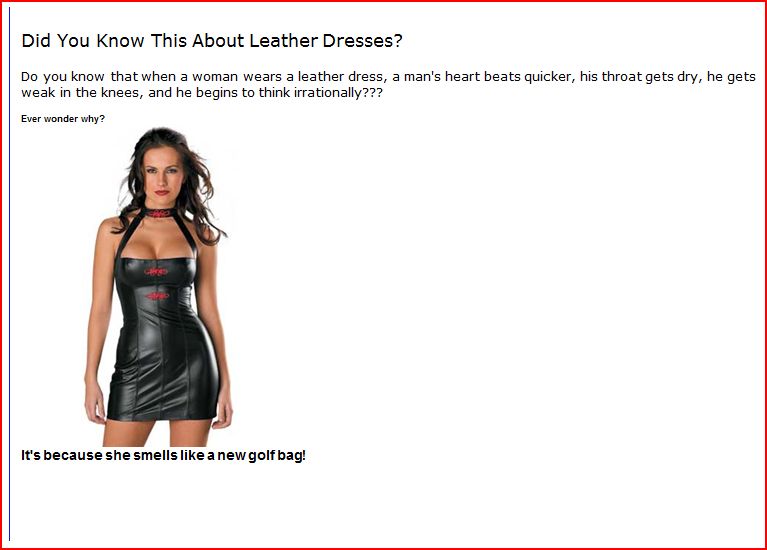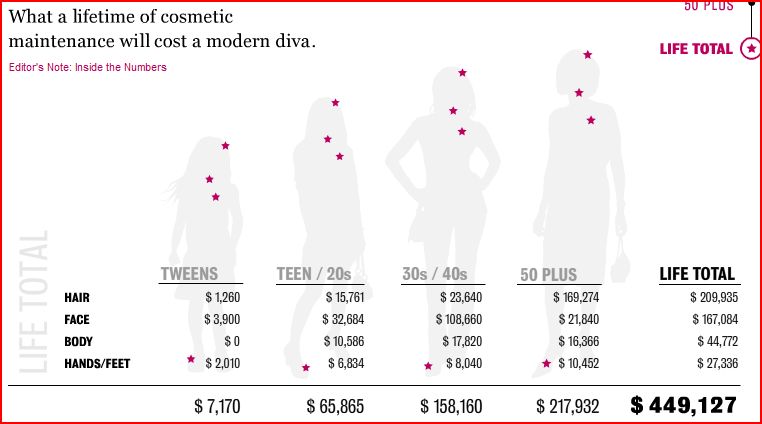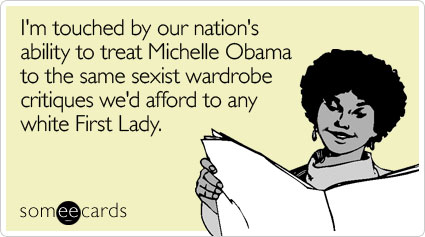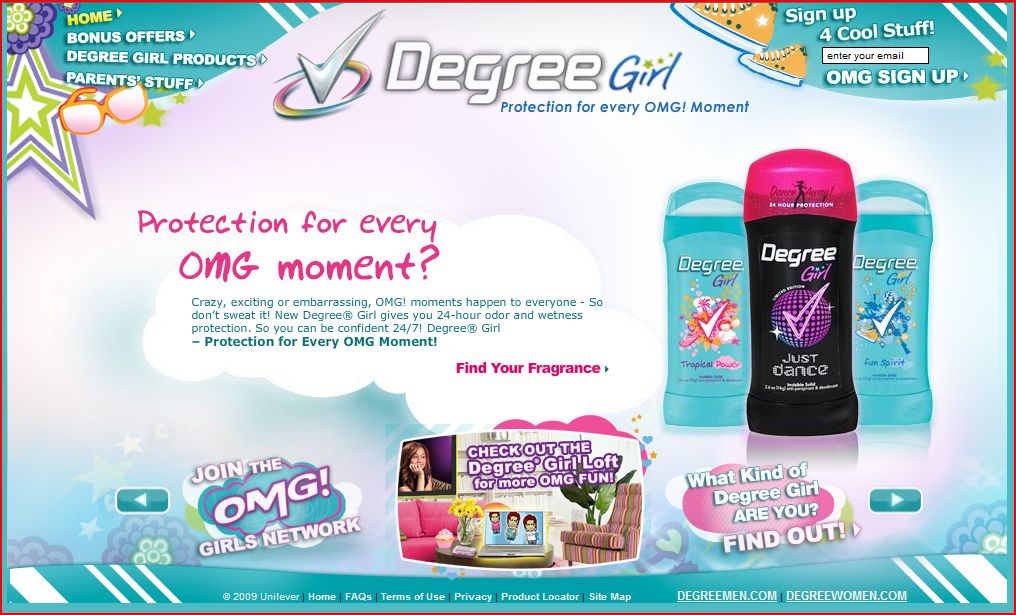Hoshi sent us concept artwork for some new characters, all set to be musicians, in development for the online game, RuneScape. Here they are:
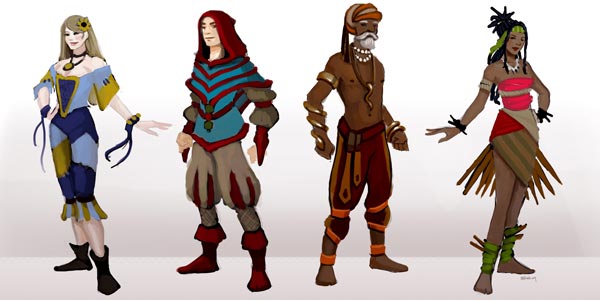
Hoshi notes:
1. The caucasians are well dressed and most likely designed for the cities. The people of color are wearing tribal gear. In other words, they fill the “exotic” and “primative” section in the game, while the white people are the “refined” upper class.
2. The women look like they just finished dancing. They both have one hand on their hips (slightly seductive) and the other hand is in a “flowing” movement. Conversely, the men have balled up fists with their arms held slightly apart. They may be smiling, but their body language shows aggression.
Hoshi started a discussion thread with this observation at RuneScape and her comments have been met with significant opposition. Summarizing the comments, she explains:
One of the most common arguments that it *isn’t* racist is that this game is set in a medieval setting and there wouldn’t be people of color in the cities. Frankly, I think that’s an absurd excuse. This game freely utilizes magic, monsters, gods, and all sorts of unrealistic things. If you follow the players’ logic, that means it’s more believable to have talking cats than to have a person of color dressed nicely in a city. That’s just messed up.
For more examples of race and gender stereotypes in video and online games, see here, here, here, here, and here.

